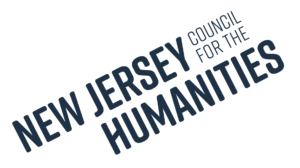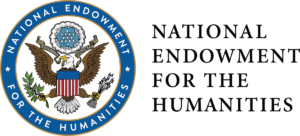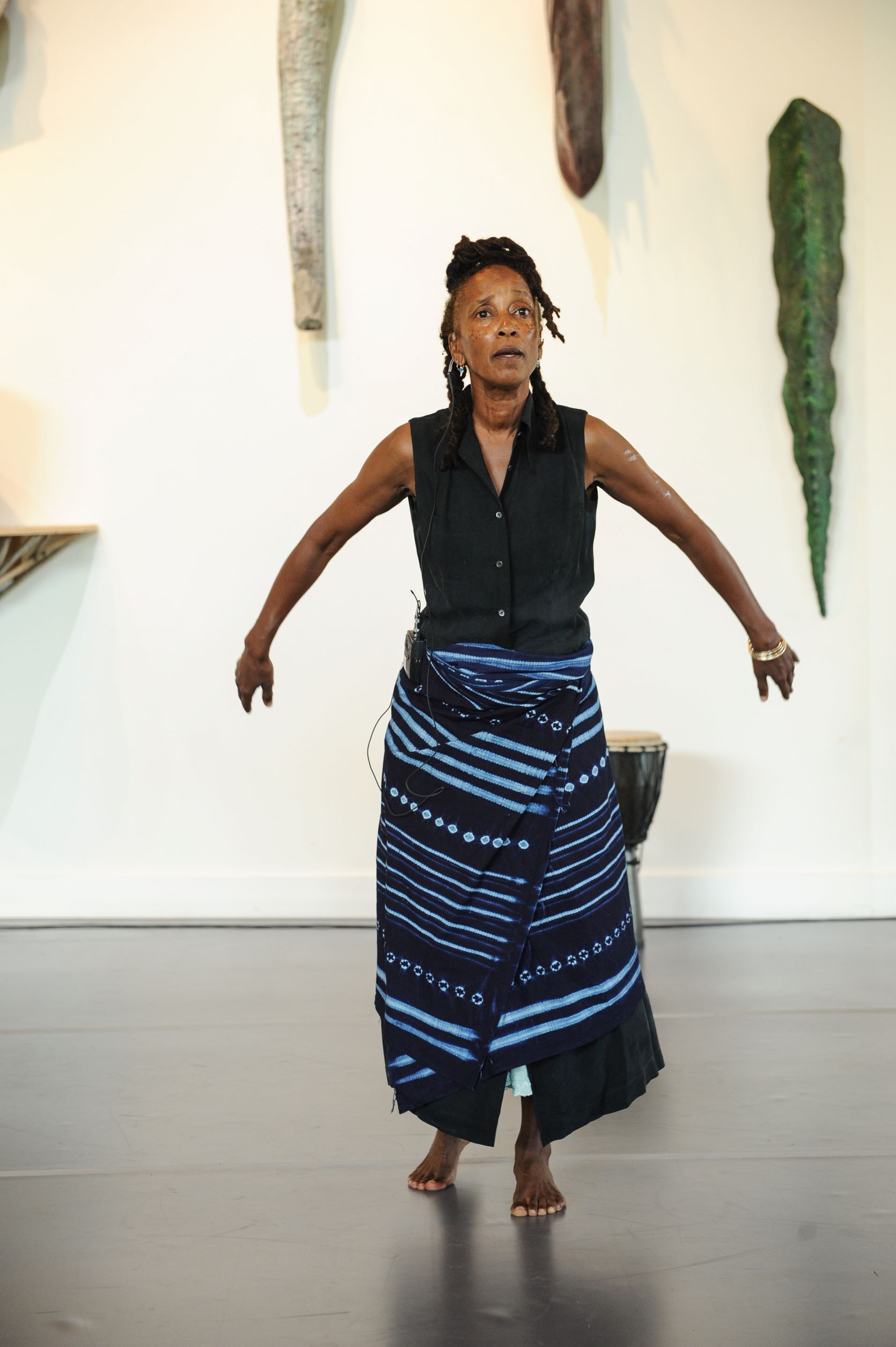*SOLD OUT*
Join us for the second of three dynamic conversations facilitated by student-scholars of color in African American Studies and Women’s, Gender and Sexuality Studies at The College of New Jersey. This talk features a focused look at pieces in both The Color Network’s exhibition, Fragile: Earth and Roberto Lugo’s exhibition, Roberto Lugo: The Village Potter. The talks draw upon themes explored through the students’ immersive engagement with the artwork and the question, “What worlds open for us when we experience an artwork?”
Dr. Gale Jackson in conversation with Gabrielle Smith (TCNJ). This expansive dialogue will explore fragmented histories and belonging, inspired by Anina Major’s Ostracons of the Atlantic, April D. Felipe’s Yet, I am Here to See You, and Roberto Lugo’s exhibition, Roberto Lugo: The Village Potter.
Dr. Gale Jackson is a poet, storyteller, writer, and Africanist scholar. She is a professor of interdisciplinary arts at Goddard College. An author and editor of numerous volumes, her latest book is Put Your Hands On Your Hips and Act Like a Woman: Black History and Poetics in Performance (University of Nebraska Press, 2022). She has received a National Endowment for the Arts fellowship for her work in griot traditions, worked for many years in university, public and community education, and as a lecturer, performer, researcher and librarian. Her work appears in numerous anthologies and publications, including Callalou, African American Review, Artist and Influence, and Essence.
Gabrielle Smith (she/her) is a sophomore Communications Major at The College of New Jersey. She works in the Youth Education Division as a Bonner Scholar, and is the historian for the Haitian Student Association. Gabrielle’s two favorite hobbies are eating new foods and watching new films.


Cultural Conversations is supported by a grant from the New Jersey Council for the Humanities with funding from the National Endowment for the Humanities (NEH) through the American Rescue Plan Act. Any views, findings, conclusions, or recommendations expressed in these programs do not necessarily represent those of the National Endowment for the Humanities or the New Jersey Council for the Humanities.
